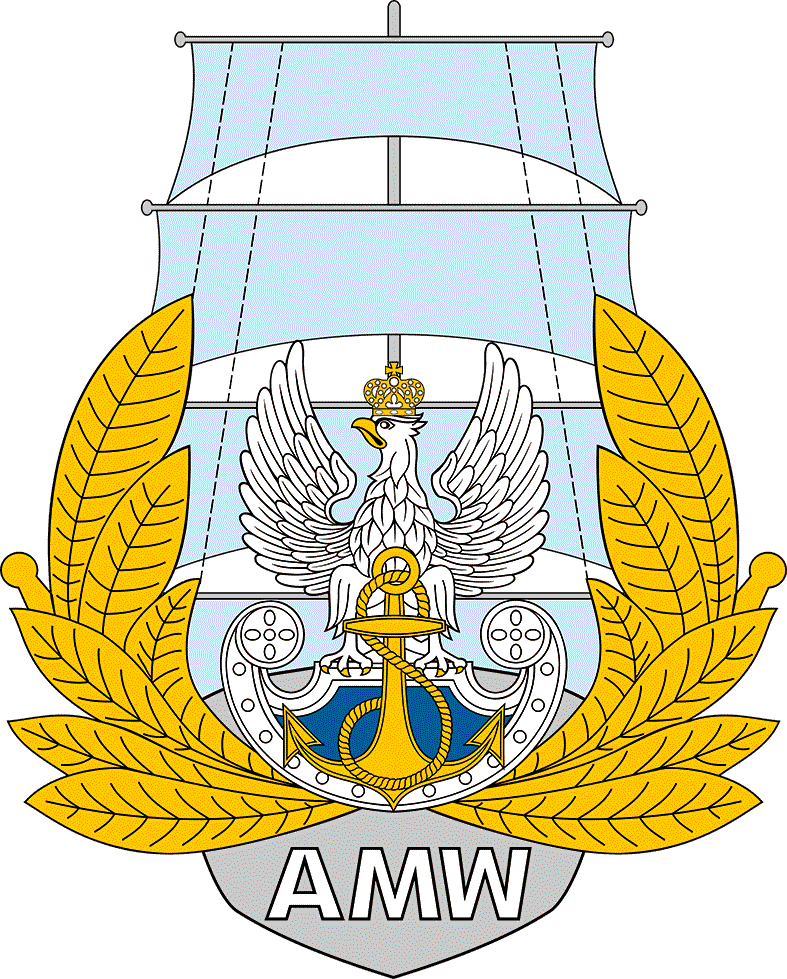EDUCATIONAL DIAGNOSTICS FOR CONTEMPORARY SCHOOL SYSTEMS. MEASURING AND ASSESSING GROW TH OF STUDENT HUMAN CAPITAL . PART III : SELECTED OUTCOMES
Keywords:
educational diagnostics, wishful thinking, achievement assessment,, commented report, grading, consequential validity, educational evaluation.Abstract
Educational practice abounds in wishful thinking which occurs when we believe that something is true because we want it were true. For example, in Poland we set very low cut-scores to external examinations (30%) and still believe that passing the examination means mastery of the subject. Fortunately for educational diagnostics, assessment practice at schools involves emotional/motivational achievement what makes it a good predictor of future accomplish-ments at schools and on employment. Assessing growth of human capital do begin at general education schools in Poland and elsewhere (US), though in a latent, and partly illegal way, creating the second systems of grading. Frequently applied in lower tiers of education, com-mented reports, in which teachers describe student achievement in their own words, are more closely related to human capital assessment than the test-based grading used to be. Both pedagogues and students are highly critical of standards of justice in the pre-sent achievement assessment practices what makes their consequential validityvulnerable to negative opinions. On the other hand, attemptsto determine the worth of educational phe-nomena by large surveys in the shape of educational evaluation could be contaminated by various political factors. Widening the scope of educational diagnosis to cover the full range of human capital developmental aspects would encourage the better, more economically and ethically sound actions.






